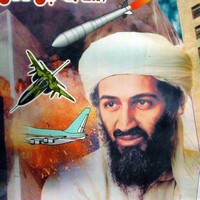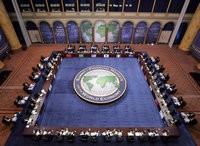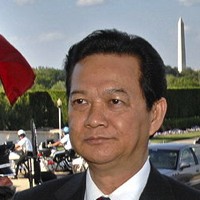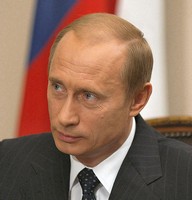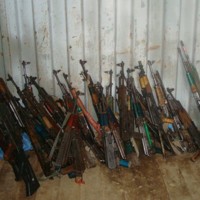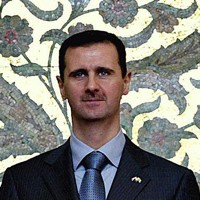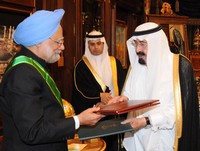
Even as India refuses to join the U.S.-led sanctions regime on Iran, New Delhi is simultaneously cementing ties with Tehran’s long-standing rival, Saudi Arabia. Last month saw the first-ever visit by an Indian defense minister to the kingdom in a move that signals as much New Delhi’s willingness to emerge as a net provider of security to Saudi Arabia as Riyadh’s desire to look beyond Pakistan for its security needs. At a deeper level, the visit underscored the fact that the Gulf Cooperation Council — of which Saudi Arabia is the largest constituent — and India now view each other […]

